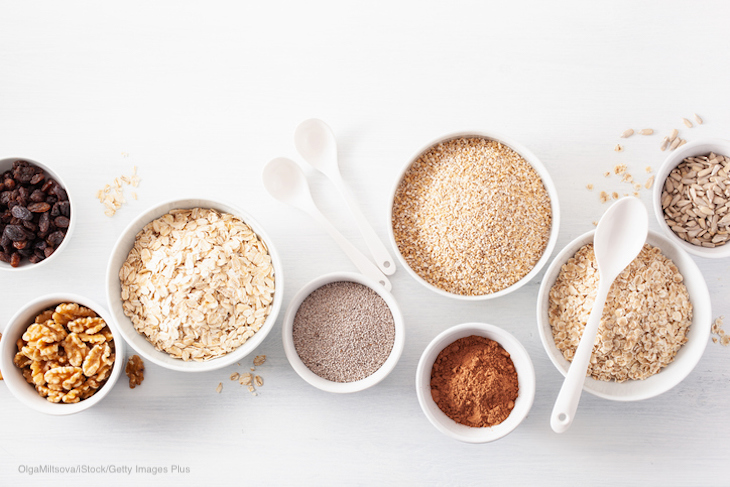Soaking nuts grains and seeds in cold water reduces the risk of Salmonella growth, according to a new study from Oregon State University. Raw sprouts have long been considered a risky food because they are often contaminated with pathogens that can cause serious illness, and there is no “kill” step before they are eaten. These foods aren’t exactly “sprouts,” which are a known food safety risk, since the root doesn’t emerge, but include grains, nuts, and seeds that are soaked so their hulls soften and the product swells.

These products are made by soaking in room temperature water overnight. When the hulls swell, “anti nutrients” are reduced, which are compounds that reduce the human’s body to absorb vitamins and minerals. These foods are then dried using low temperature and humidity and are packaged or used to make other foods such as granola, snack bars, or trail mix. Sometimes they are used to make vegan cheeses.
The study, which is published in Food Protection Trends, highlights the risk of soaking these ingredients in warm or room temperature water. Joy Waite-Cusic associate professor of food safety in OSU’s College of Agricultural Sciences, said in a statement, “If this soaking phase happens at ambient temperature, then there is a significant food safety problem. This study provides regulators with clear guidance on the risks associated with this new category of ‘sprouted’ products.”
Sprouted foods are raw agricultural products, with the risk that all of those types of ingredients, from raw ground beef to raw flour, contain. Any raw product can be contaminated with pathogens that can make you sick. Many of these ingredients have been associated with outbreaks and recalls in the past few years.
Waite-Cusic continued, “Because they’re raw and minimally processed they are more likely to carry pathogens. The ambient-temperature soaking process creates conditions that are ripe for salmonella growth. A lot of people are making ‘sprouted’ foods at home, so there’s no reason the same risk doesn’t occur there.”
Note that the study says that cold water soaking reduces the risk of Salmonella growth in these foods, but doesn’t eliminate it. Anyone in a high risk group for serious complications from foodborne illness should still consider avoiding these types of foods.
In the study, 15 minimally processed grains, nuts, and seeds were inoculated with Salmonella bacteria, dried to their original moisture content, then soaked. At ambient, or room temperature, water in non-salted water, Salmonella bacteria significantly increased in almonds, cashews, hazelnuts, peanut, and buckwheat. The study found that including salt in the soaking process and refrigerating the ingredients as they soaked were the best and most simple options for modifying soaking procedures.




